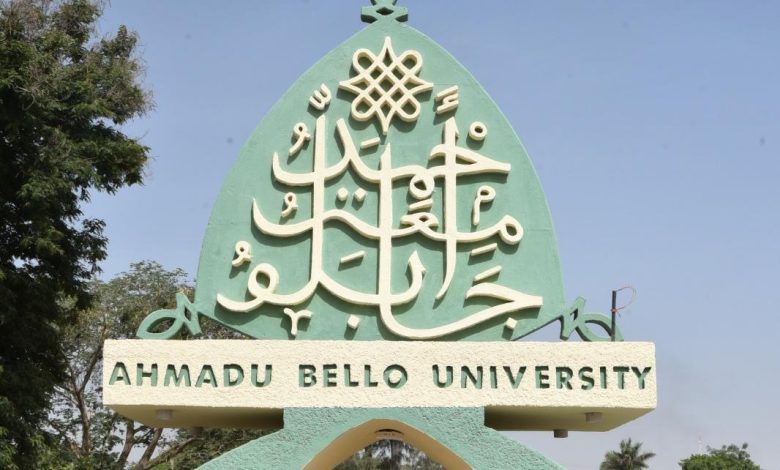
Ahmadu Bello University (ABU), Zaria, has come under fire following the introduction of a new dress code that bans students and staff from wearing shorts, tight-fitting outfits, long eyelashes, and even engaging in acts such as hugging on campus.
The policy, made public through a special bulletin dated June 16 and signed by the university management, outlines what it describes as “indecent and offensive dressing” and warns that violators will face disciplinary actions.
According to the document, both students and staff are now prohibited from wearing attire deemed revealing, provocative, or inappropriate for an academic environment.
Read Also:
Prof. Musa Tukur Yakasai Appointed Sarkin Kudun Gaya by Emir of Gaya
The list of banned clothing items includes spaghetti straps, transparent or see-through outfits, ripped or tattered jeans, skirts and shorts that do not cover the knees (except during sporting activities), tight-fitting clothing, and apparel that may hinder practical or laboratory work.
Additionally, the policy forbids earrings for male students, ankle chains for female students, dreadlocks, long or colored eyelashes, and braided or woven hairstyles for males.
The university also discourages what it calls “untidy appearances,” which include unkempt hair and bushy beards.
Beyond dress, the bulletin also bans certain social behaviors on campus. Public displays of affection such as hugging, kissing, or sitting on each other’s laps are now classified as misconduct. Other restricted behaviors include wearing t-shirts with obscene messages, trousers that end mid-calf, face caps worn sideways or backwards, and non-prescribed colored sunglasses.
The bulletin states:
“Engaging in intimate open embrace (hugging/kissing)… wearing of long eyelashes by female… sagging or ‘ass-down’ by both genders… unconventional wearing of face cap… and openly sitting on each other’s lap by opposite sex” are considered acts of misconduct.
Read Also:
Beyond the Headlines: The Untold Truth behind Nigeria’s Herders-Farmers Clashes
The policy has stirred a wave of criticism from segments of the university community, including students and some staff members, who view it as a clampdown on personal freedom and self-expression.
While university authorities say the move is aimed at promoting decency and academic discipline, critics argue that the policy is overly intrusive and enforces conservative norms that may not align with modern student lifestyles.
As the debate continues, many await clarity on how the policy will be implemented and enforced across ABU’s various faculties and campuses.



